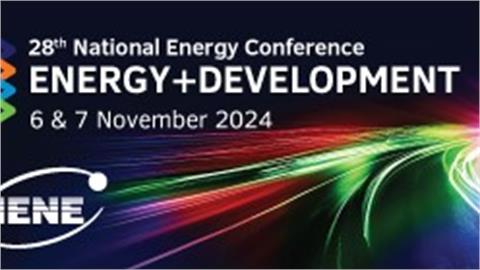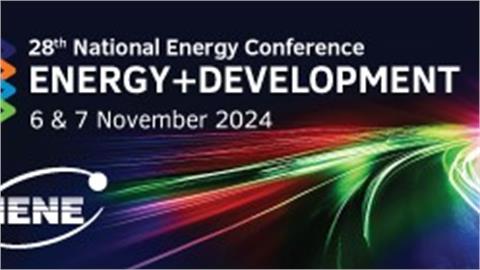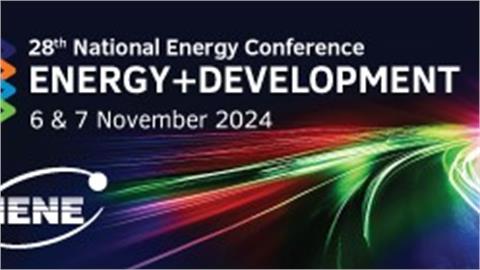The geopolitical aspects of the Greek Exclusive Economic Zone (EEZ) is the subject of a new Working Paper by IENE, which is, as from today, electronically available to the members of the Institute. Dealing with one of the most topical issues of the Greek both energy and political agenda, this newly published Working Paper (No. 17), entitled "The Greek EEZ: Principles of a Geopolitical Analysis” is co-authored by one of the Greece’s better known geopolitical analysts, Dr. Ioannis Th. Mazis, Professor of Economic Geography (Dept of Turkish and Modern Asian Studies, National and Kapodistrian University of Athens). The second author is a specialised scientist, Dr. Georgios – Alexandros Sgouros (Laboratory of Marine Geo-environment & Sedimentology, Dept. of Geology and Geo environment, National and Kapodistrian University of Athens), who is a geologist and an oceanographer.
This IENE Working Paper, published in English, focuses on various aspects and implications of Greece’s potential EEZ, drawing attention on elements that have not been sufficiently analysed in the current public debate. The Working Paper refers to Greece’s right in establishing an EEZ, deriving from the 1982 Convention on the Law of the Sea vis-à-vis its questioning by Turkey. Furthermore, the authors analyze the "neo-osmanic” strategy of Turkey, under Prime Minister Erdogan and the Secretary of State Davutoglu, and its geostrategic implications for the bilateral Greek-Turkish relations, as well as for the whole Eastern Mediterranean in general. Finally, the role of Israel and the prospects of deepening its relations with Cyprus, as well as with Greece, are described following the latest significant discoveries of hydrocarbons in the seabed of Eastern Mediterranean. Those relations are examined in conjunction with the geopolitical aspects of a future delimitation of Greece’s EEZ.
This new Working Paper by IENE is available to all members of the Institute and can be found in the Members section of IENE’s website (www.iene.gr).



